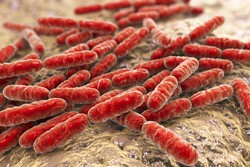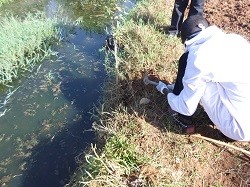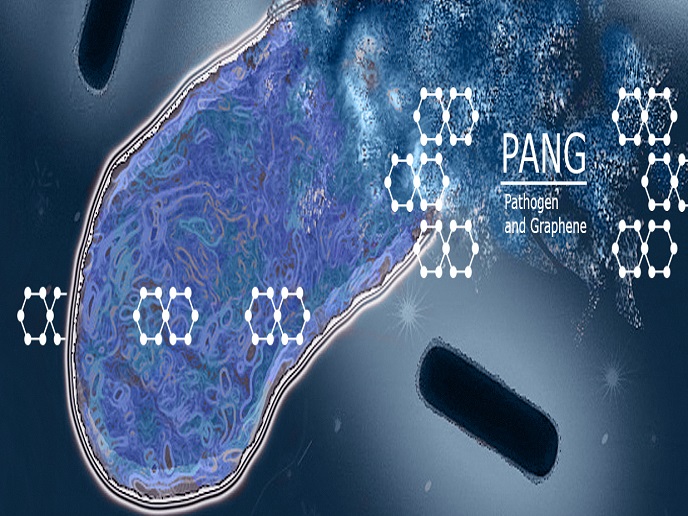Probiotics to minimise antibiotic damage
Antibiotic resistant pathogens (ARPs) such as carbapenem-resistant Klebsiella pneumoniae (KPC) are becoming an increasing threat in hospitals where antibiotic treatment is standard. Infection generally starts with colonisation of the intestinal epithelium and disruption of the natural microbiota. Moreover, antibiotic application enhances establishment of an infection when the natural flora are lessened. The FLORA STOP INFECTION (Role of the microbiota in the defense against antibiotic resistant pathogens) project delved into these mechanisms to deduce how the changes come about. Moreover, the researchers investigated how probiotics could prevent these detrimental alterations and the mechanisms behind inhibition of colonisation in the gut. Using a mouse model, FLORA STOP INFECTION discovered that ampicillin, vancomycin or clindamycin caused drastic changes in gut microbiota and pathogens therefore reached a very high level. Significantly, some of the eliminated commensal bacteria never recovered after antibiotic treatment and allowed infections to persist. Tests on human patients showed that even 22 weeks after stopping antibiotics, there was no indication of many of the commensal bacteria present initially. As this is a possible indication of a permanent change, the clinical significance is very high. However, some antibiotics such as neomycin effected few changes in gut microbiota and their effects varied from person to person. Monitoring each individual patient's microbiota could identify those particularly prone to develop infections. Researchers applied a cocktail of bacteria to mice to identify microbes that conferred resistance to subsequent infection. In mice with an incomplete immune system such as absence of toll-like receptors or T cells, some probiotics conferred resistance to ARPs, suggesting that molecules produced by the bacteria may inhibit ARP growth. Work continues after project end to identify mechanisms involved. Importantly, the team were able to demonstrate input of quorum sensing in the resulting composition of microbiota during antibiotic taking. Manipulation of population density was able to restore some detrimental changes in microbial balance, again good news for future therapy. FLORA STOP INFECTION research results have added to valuable information to halt the costly toll that antibiotic resistance is taking on patients, particularly those with compromised immune systems. Full reports of the project's findings have been published in Cell Press and Elsevier Cell reports.







